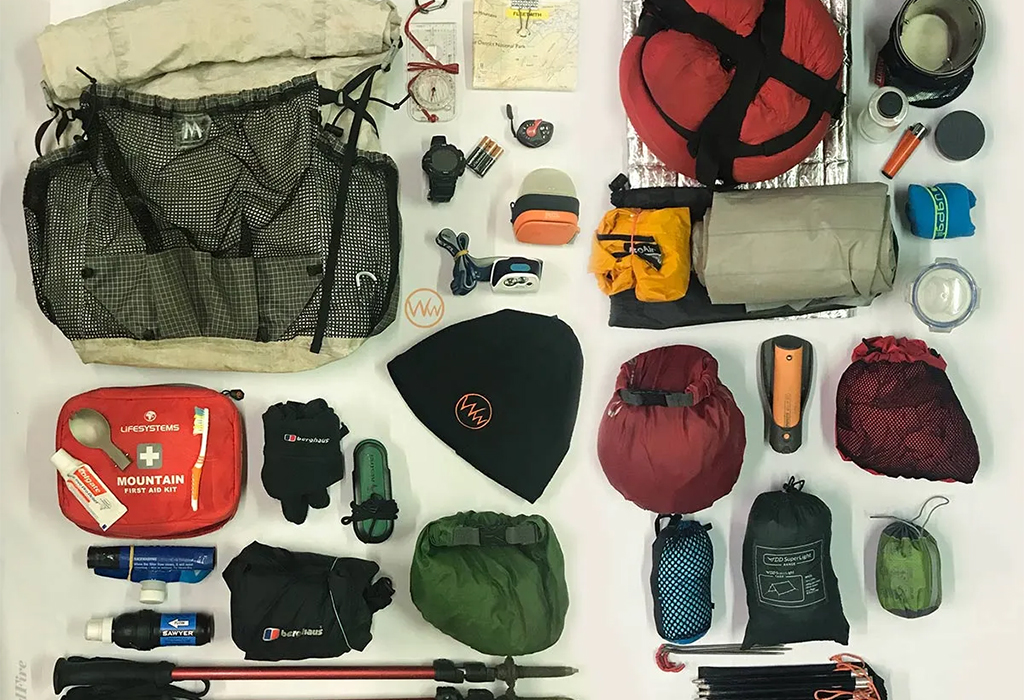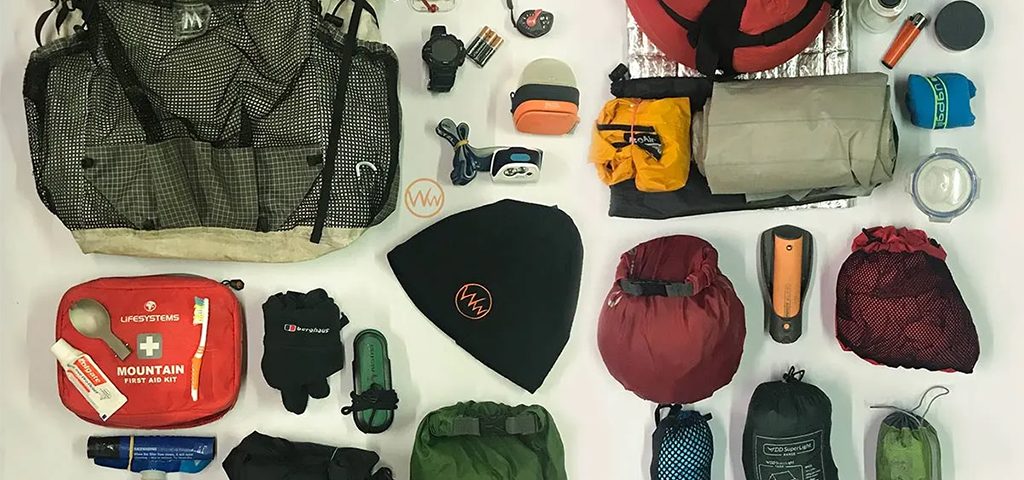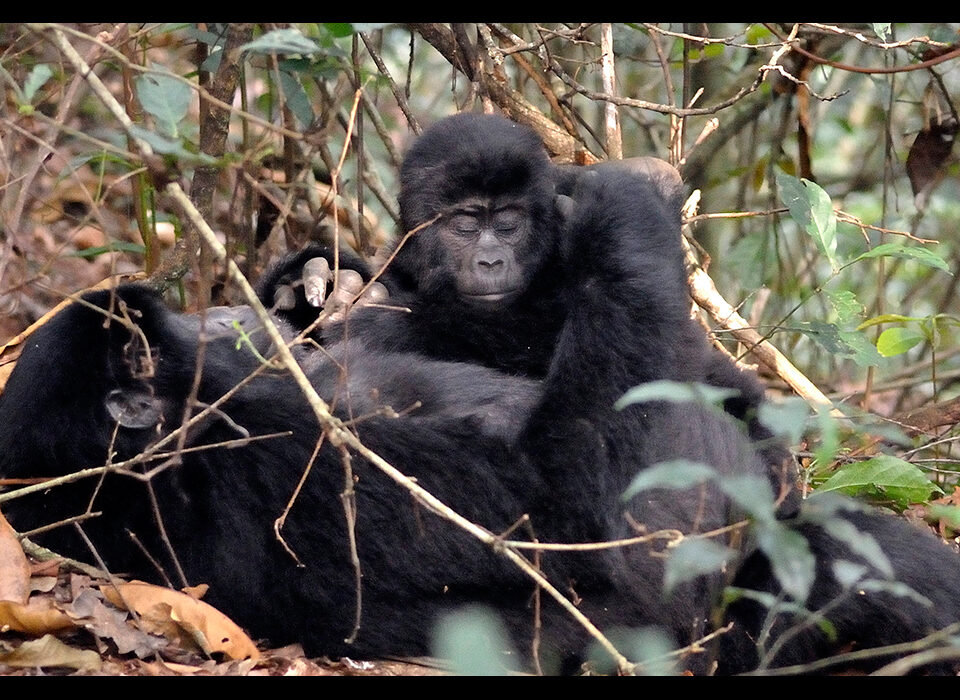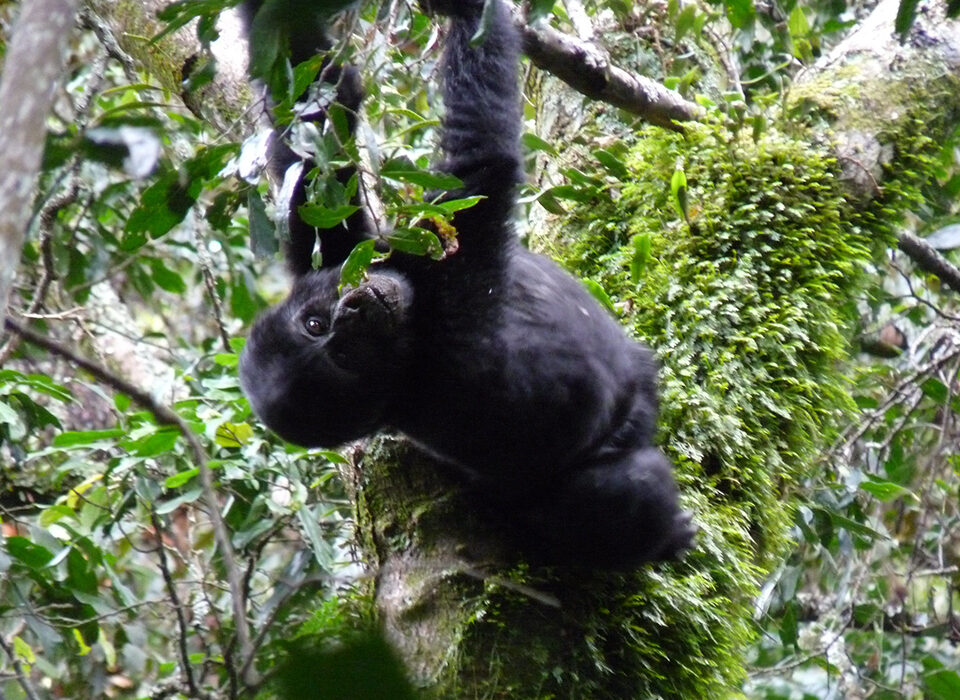
Guide on Gorilla Tracking
March 8, 2022
Choosing the Best Country for Gorilla Trekking
September 6, 2024
When packing for a Uganda safari, especially if you’ll be using public transport, it’s important to follow two main rules: pack everything you might not find easily, and keep your luggage as minimal as possible. While these rules might seem contradictory, the key is to strike the right balance. Here’s a guide on what to bring.
Luggage
Start with a tough and durable travel bag, like a duffel bag or suitcase. It should seal well to protect your belongings during bumpy drives. A lock is useful for flights and when leaving your bag in a hotel room—though theft in high-end safari lodges is rare, a lock helps deter casual theft.
A daypack is handy for daily excursions and keeping breakable items like cameras and phones safe from vibrations on rough roads. If you’re using public transport, an internal frame backpack works well. Make sure it’s durable, with well-sewn seams and zips, and has several pockets. If you plan to hike a lot, choose a backpack designed for that purpose.
For travelers with heavy photography equipment or laptops, a 35L daypack is ideal. It keeps your luggage light and compact, which is beneficial for bus trips and general mobility. Consider a duffel bag for safaris and photography gear, and store non-essential items.
Camping Gear
If your safari includes camping, bring lightweight gear. Uganda has campsites in national parks and towns. For budget travelers, a tent can be useful. Opt for a lightweight tent (around 2kg) that is mosquito-proof. Sleeping bags can be light, but a sheet sleeping bag with warm clothes might be more practical.
A roll-mat is essential for insulation and padding. While stoves are generally unnecessary, a pot, plate, cup, and cutlery are useful. If camping in the rainy season, pack firelighter blocks to start a fire in wet conditions.
Clothing
Shirts and Trousers
Pack at least one shirt and underwear change for each day of your safari. Dusty conditions may require daily changes. Include one or two shirts for evening wear and keep clothes to a minimum: one or two pairs of trousers or dresses, one pair of shorts, three shirts or T-shirts, one light sweater, a light waterproof jacket (if traveling in the rainy season), and enough socks and underwear for five to seven days.
Avoid jeans, as they are bulky and take a long time to dry. Light cotton trousers are a better option and dry quickly. Safari trousers made from synthetic materials are great for moisture and dirt. Shorts are acceptable for savanna plains but may not be appropriate in more formal or rural settings. For women, skirts should be knee-length or longer, especially in rural areas.
Shirts
T-shirts are lighter and less bulky than button-up shirts, but shirts with top pockets can be handy for carrying money.
Sweaters
Evenings can be cool, especially at higher altitudes, so pack one warm sweater, fleece jacket, or sweatshirt. For hiking in cooler regions like Mount Elgon or the Rwenzoris, bring very warm clothing.
A light waterproof jacket or umbrella is useful in Western Uganda, which can be wet. Safari lodges often provide umbrellas if it rains.
Socks and Underwear
Pack socks and underwear made from natural fabrics. Bring a week’s supply, as reusing sweaty items can lead to infections.
Shoes
Choose walking shoes with some ankle support instead of bulky hiking boots. Sandals or light shoes are also useful. For gorilla trekking in Bwindi, waterproof hiking boots are essential. The jungle floor is damp, and sturdy boots are needed for trekking.
Sleeping Bag
If you’re not camping, a sleeping bag isn’t necessary. However, if you’re heading to high mountains or camping, bring a lightweight or all-weather sleeping bag. A sheet sleeping bag can be sufficient in most areas. Avoid placing your sleeping bag on a potentially flea-infested bed.
Binoculars
A pair of binoculars is essential for wildlife viewing. Lightweight and compact options are best for birdwatching and spotting distant animals. For general use, 7×21 binoculars are fine; serious birdwatchers might prefer 10x magnification.
Padlock
Consider bringing a padlock for your luggage, especially in remote areas or guesthouses with insecure locks. Combination locks can be safer than keyed locks in some situations.
Toilet Bag
Pack a toilet bag with essentials: soap, shampoo, toothbrush, toothpaste, a razor (for men), and tampons or sanitary pads (for women). Carry a towel unless you’re staying in luxury lodgings. Always have a roll of toilet paper handy, as it might not always be available when needed.
Contact us for more details on what to pack for your Uganda Safari




